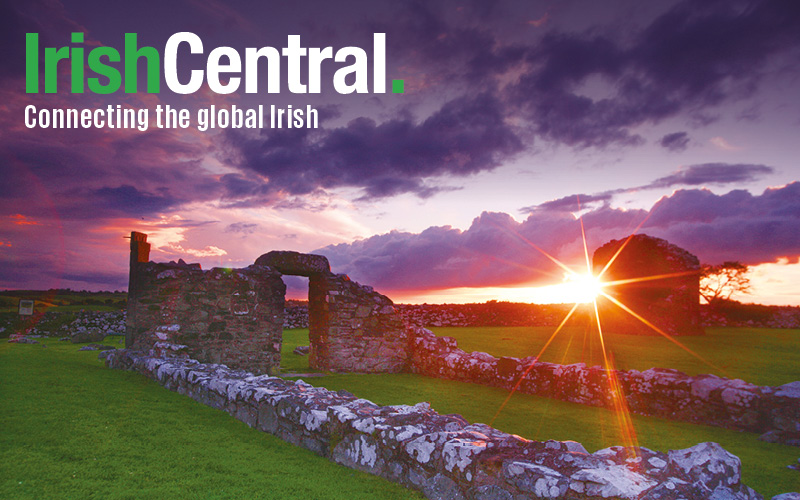Descendants of the signatories of the 1916 Proclamation of Irish Independence have signed a statement urging the public to register their objections to a planned development at Moore Street in Dublin that they say will involve the demolition of buildings that played an important role in the 1916 rising. The controversy over the development largely centers around 16 Moore Street, sometimes referred to as "Ireland's Alamo," where rebel leader Padraig Pearse held his last council of war, and declared the Irish volunteers' surrender at the end of the 1916 rising. A planned development of the site, whose buildings are now dilapidated, has been proposed for a number of years. In 1999, city management of Dublin City Council authorized the demolition of the Moore Street buildings. However, in January 2007, Minister for the Environment Dick Roche designated the site a national monument, the highest protection that can be given to a site of historical interest. Then, in April 2008, a property development company called Chartered Land applied for planning permission for the development of the site whose proposal would involve a €1.2 billion development of apartments, shops and restaurants. James Connolly-Heron, the great-grandson of 1916 rising leader James Connolly, who lay wounded on a makeshift stretcher at 16 Moore Street, says that this planned development would "infringe the boundary of the National Monument area and lead to the demolition of the buildings and structures fronting on to Moore Lane and the closing of ancient streets and laneways directly associated with the 1916 Rising." Last November, Dublin City Council agreed to sell its properties at 24 and 25 Moore Street that Chartered Land needed to complete the development. A revised planning application submitted by Chartered Land was then lodged, which Connolly-Heron says ignores the boundaries of the National Monument. Planning permission was granted for the development in December, while an appeal against planning permission was lodged by a number of objectors. Planning permission will be now be subject to approval by the independent planning board, An Bord Pleanala, which is due to hear the appeal on May 18. The descendants of seven of the signatories of the 1916 proclamation - Thomas J. Clarke, Sean Mac Diarmada, Thomas MacDonagh, Padraig Pearse, Eamonn Ceannt, James Connolly and Joseph Plunkett - said that they "oppose any development impinging on the national monument, or any part of it and are calling for the present proposal to be rejected as entirely inappropriate in the context of a national monument." A spokesman for Chartered Land said: "At this point in time most people recognize that the proposed redevelopment of the area actually enshrines the National Monument as a key element of that redevelopment. It is actually going to highlight the National Monument and it will be an attraction in its own right within the development. It is a most important development for an area that has been left derelict in Dublin for far too long."




Comments